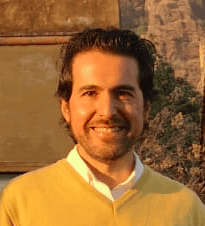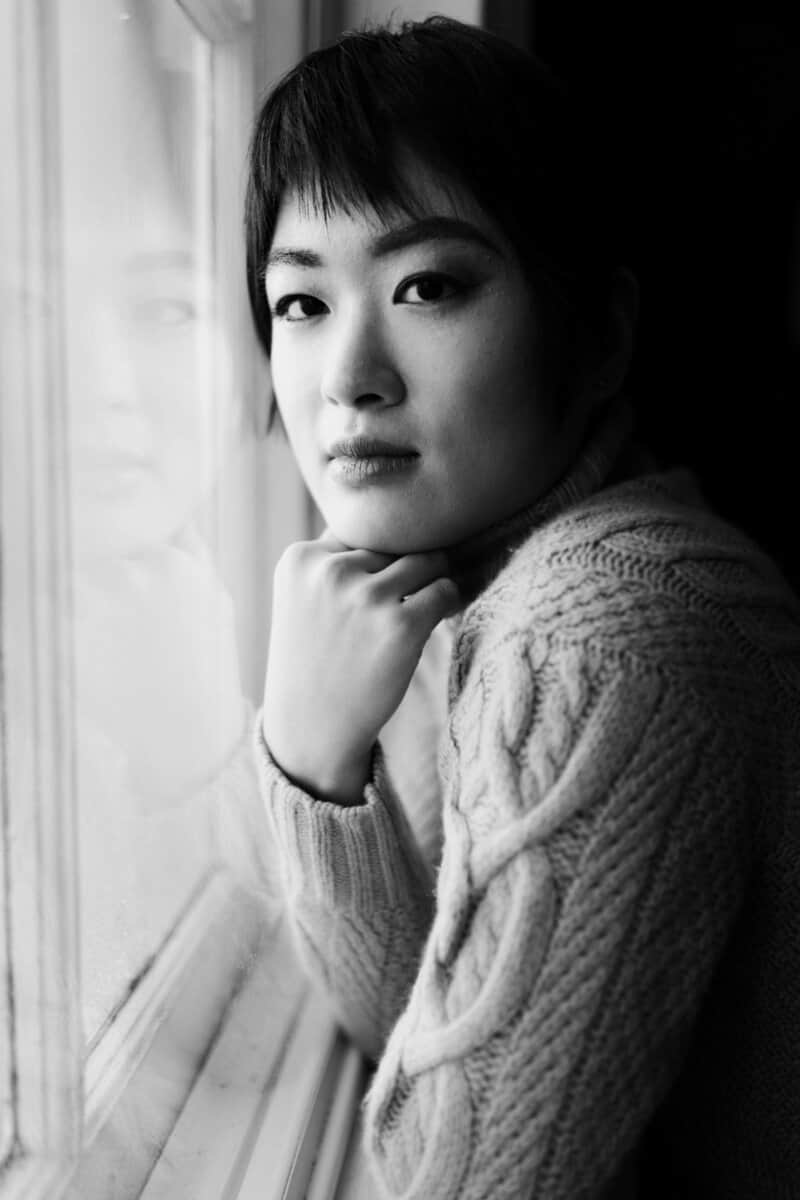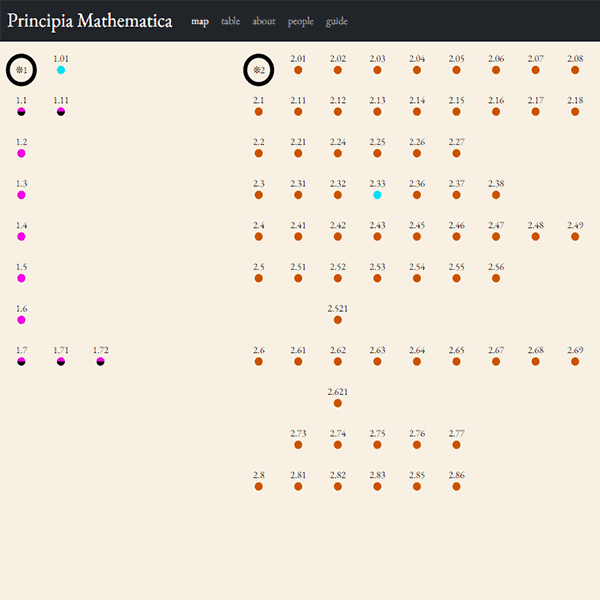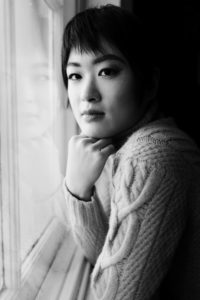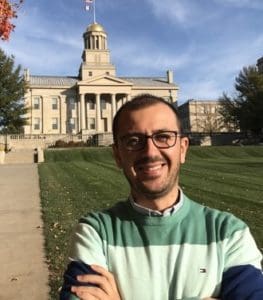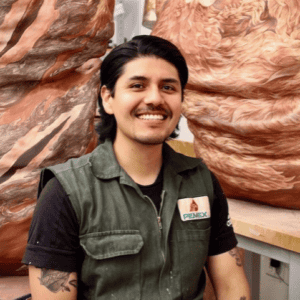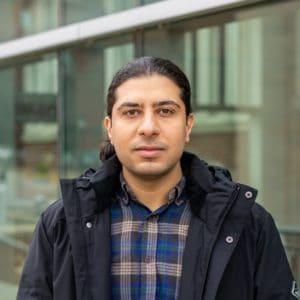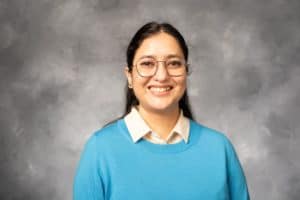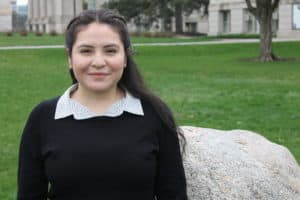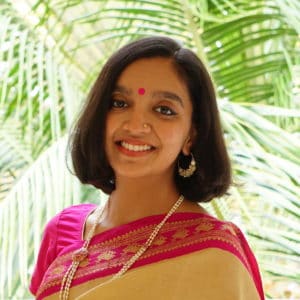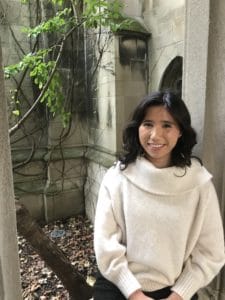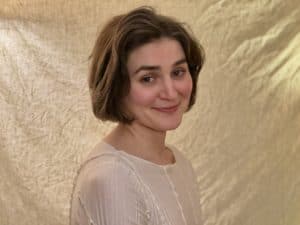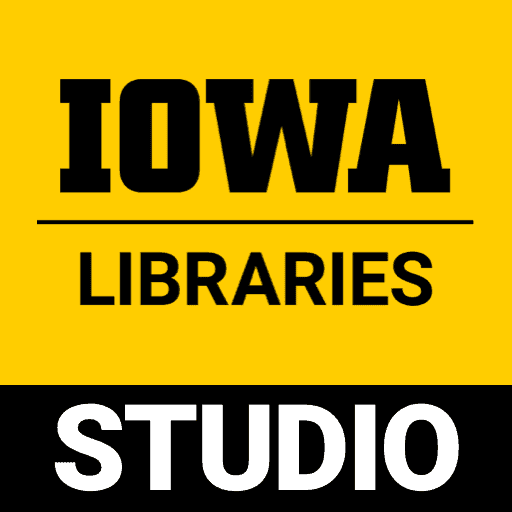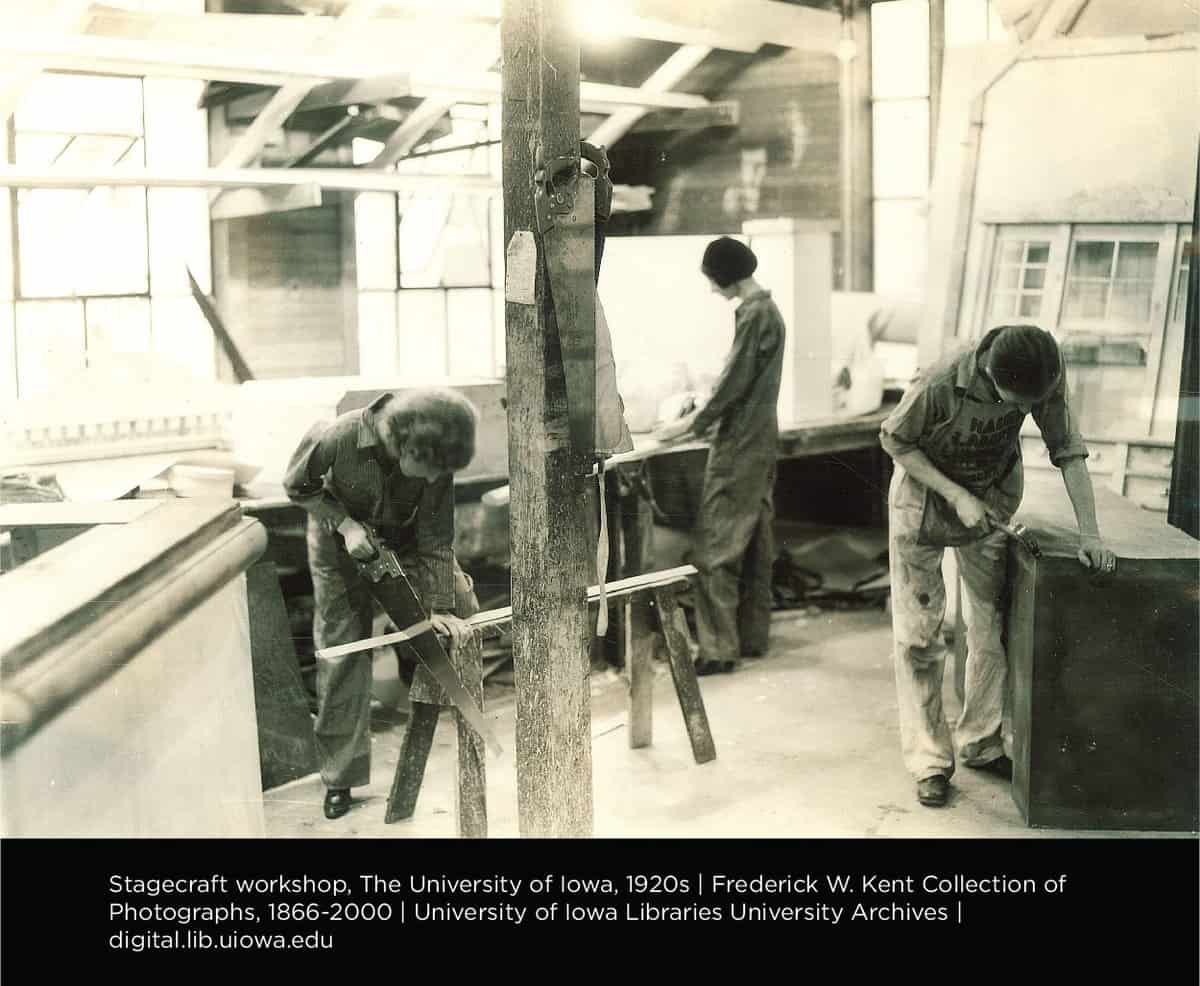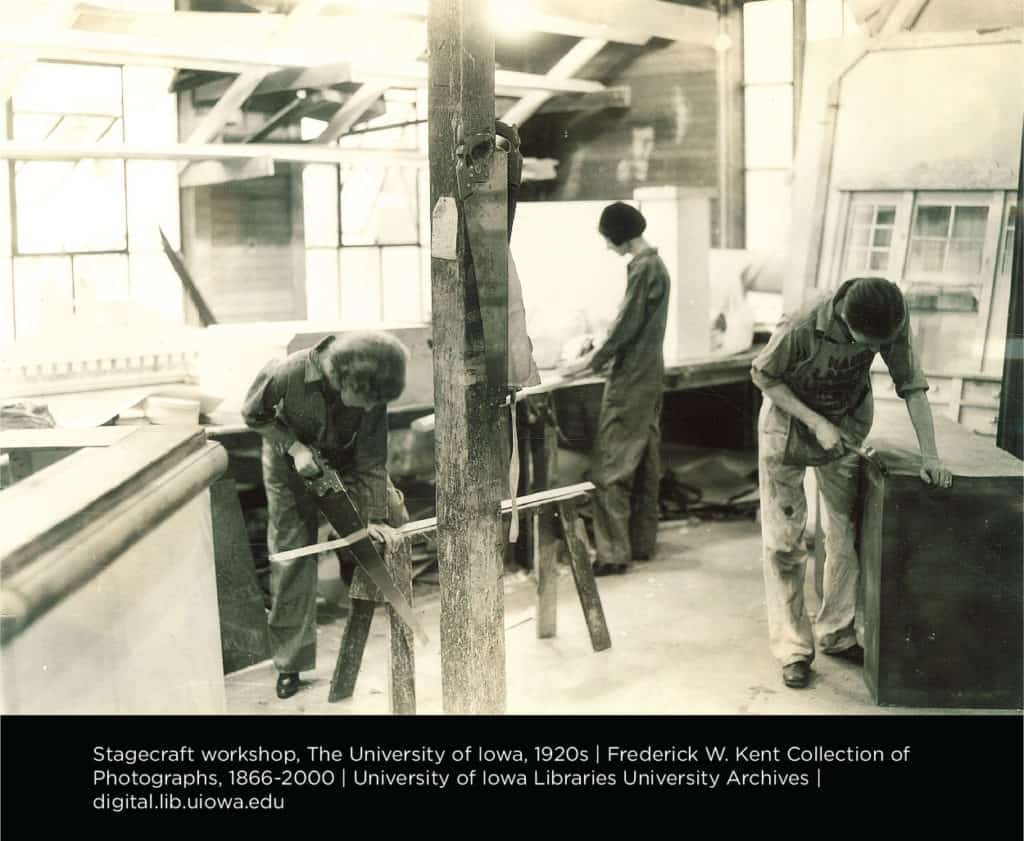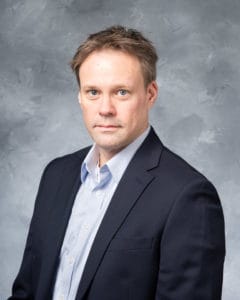Hi! My name is Margaret Yapp – I’m currently an MFA candidate at the Center for the book, entering my thesis year. Before starting at UICB, I did an MFA in poetry at the Writers’ Workshop. I have spent the last few years at UICB really focused on learning letterpress printing and figuring out how I might like to fit into the publishing world. I want to publish other peoples’ poetry!
Eventually, I’d like to work my way up to publishing full length poetry books, but I want to get my feet wet first. First step: build out a magazine. For now, this will look like an online magazine and handprinted broadsides for sale. And I think, probably, physical issues as well, maybe once a year…though I’m still thinking on that.
My focus for this summer is building up the website and getting started on digitally designing a few broadsides.
Re: summer broadsides – I’ll be digitally type-setting on InDesign and turning the digital files into photopolymer plates that I use on the Vandercooks. I have done this process quite a bit in the past, but will be tweaking my typesetting/deciding a few things over the summer: do I have a “house face”? How much uniformity between broadsides? How much crossover between broadside design/website design? I’d like to finish at least three broadsides by the end of the eight weeks. I have digitally designed two, and have the third figured out! Once I get the third done, then photopolymer plates, then start printing.
The website is what I’m least confident about. I have a squarespace website for my own work, and I’ve done a little on wix, but that’s the extent of it. I had a good conversation with Alyssa about web presence.We talked about how Rampage Party doesn’t necessarily need a website, we could function on patreon or substack or something like that. After that conversation, however, I spent some time researching platforms and options, and have ultimately decided that I definitely want a regular old website. For a few reasons, including: patreon and substack don’t give me the commerce options I need, I think a website lends the press a little more official-ness.
I’ve been exploring different website development platforms (because I have no interest in learning to code!) and have decided to go with Cargo. A few things went into this decision:
-Since I also need/manage a website for my personal work, Cargo is definitely the cheapest option for two different domains.
-Cargo has the commerce options I need.
-I spoke with quite a few publishers I admire, all of whom have great websites, and almost all of them either use squarespace or cargo. After checking their websites out, I really like the look and feel and freedom that Cargo seems to offer.
I’ve been poking around on Cargo, watching some help videos, and have started building out a website… it’s slowgoing but I’m figuring it out!
So … to sum things up. At the end of three weeks, I’ve made some decisions! I’ve started work on the broadsides! I’ve started work on the website! I’m excited to keep working and am appreciative of all of the support so far.


